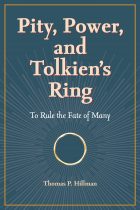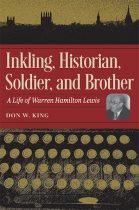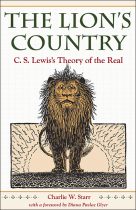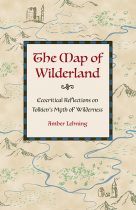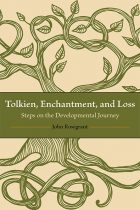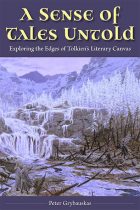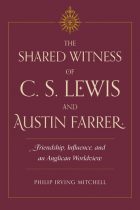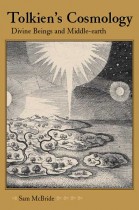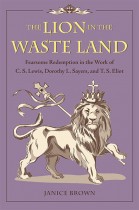Finding the Numinous
Willow Wilson DiPasquale | Filed under: Literature & Literary Criticism, Recent Releases, Tolkien, Lewis, and Inkling Studies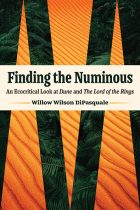
Finding the Numinous explores the premise that the environments depicted in The Lord of the Rings and the Dune saga are not only for the purpose of world-building; rather, these imagined worlds’ environments are sacred spaces fundamental to understanding these texts and their authors’ purposes. Willow Wilson DiPasquale applies Tolkien’s three functions of fantasy—recovery, escape, and consolation—to demonstrate how both authors’ works are intrinsically connected to their ecocritical messages and overarching moral philosophies.

